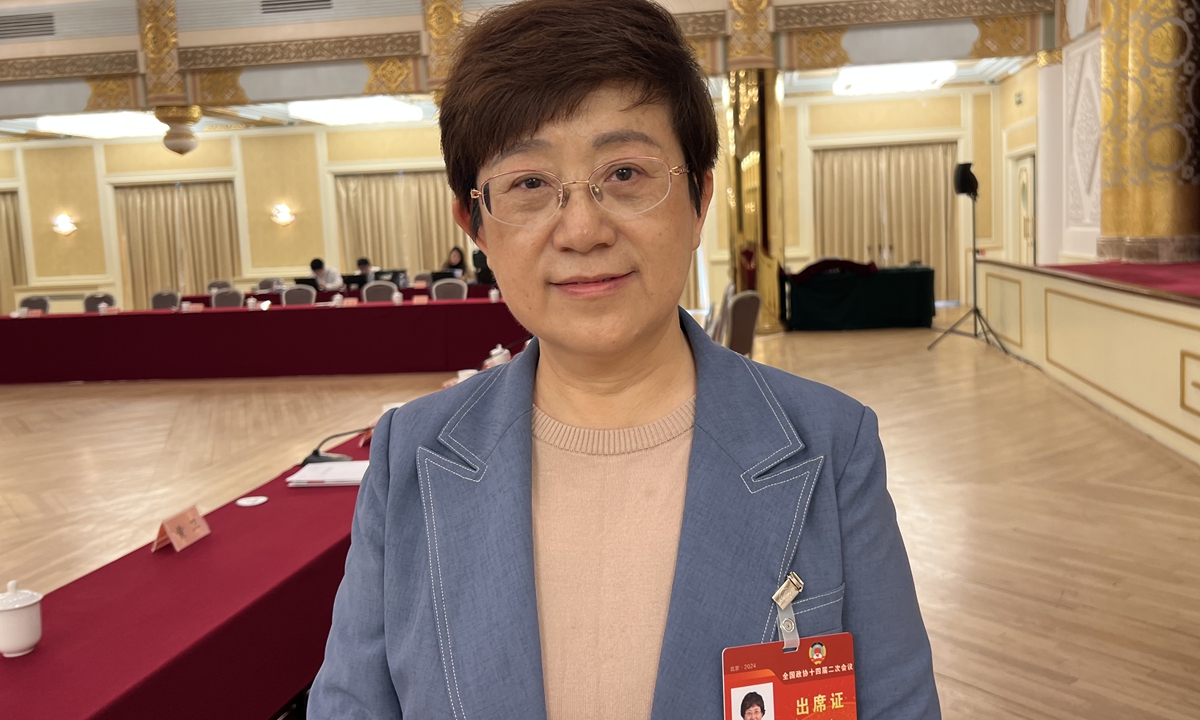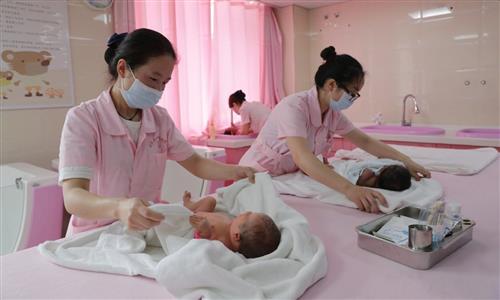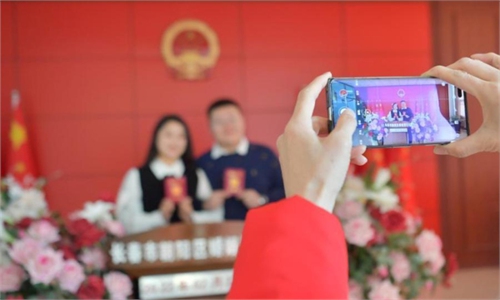China could consider orderly relaxing restrictions on egg freezing and donation: political advisor

Qiao Jie. Photo: Li Xuanmin/GT
China could consider orderly relaxing the restrictions on egg freezing and egg donation, as the country takes more measures to strengthen the country's fertility preservation guarantee system amid an aging population and a delay in Chinese women's marriage and childbearing age, a political advisor told the Global Times during the two sessions."China's regulation on assisted reproductive technologies was formulated in 2003. As the demographic situation has changed, Chinese policy makers could consider to timely, orderly adjust and moderately lift up certain restrictions on assisted reproductive technology services, especially from a long-term perspective," said Qiao Jie, a member of the National Committee of the Chinese People's Political Consultative Conference (CPPCC) and an academician of Chinese Academy of Engineering. Qiao is also the standing vice president of Peking University.
The 2003 legislation prohibits single women and couples who do not meet relevant regulation on population and family planning from using egg freezing technology. Egg freezing, or oocyte cryopreservation, is an important way to preserve a woman's fertility.
China is facing a critical issue of an aging population and a declining birth rate. In 2023, China's population decreased by 2.08 million to 1.4 billion people, data from the National Bureau of Statistics (NBS) showed, marking the second consecutive year that the country recorded a net reduction in population.
In 2023, 9.02 million babies were born, down from 9.56 million in 2022, making it the seventh year in a row that the number has fallen, NBS data showed.
According to Qiao, the decline in birth rate was fueled by several factors, including a shrink in the number of women who are at childbearing age and a reduction in their willingness to have children. Also, natural aging and pathological issues pose barriers for women to give birth.
"Because of post-graduate study and employment, there's a delay in Chinese women fertility. And it is worth noting that how women could preserve fertility, while chasing a thriving career and playing a more important role in the modern society development at the same time," she said on Friday, which is also the International Women's Day.
Qiao said China has developed mature homegrown egg freezing product, and it also leads in certain related tech innovations, such as inventing the new generation of green, non-toxic liquid nitrogen which significantly improves the safety and stability of the technology. The tech advancement lays a foundation for China to build ovum bank, the veteran fertility specialist said.
The country now has 29 sperm banks, with well-established operation and management experience to draw upon.
"The build-up of ovum bank could be phased. In the first step, it allows qualified medical institutions to open the egg freezing technology to unmarried women who are at the childbearing age. The ovum perseveration period needs to be properly set to prevent an abuse in medical resources," Qiao said.
And based on the first step, the country could also consider building a "donating" ovum bank, orderly and modestly open channels for egg donation.
Qiao, nevertheless, also stressed the complexity of the matter as egg freezing and donation also involve ethical issues. "There should be more public education on the risks involving egg freezing technology, and their replaceability of natural birth," she added.



